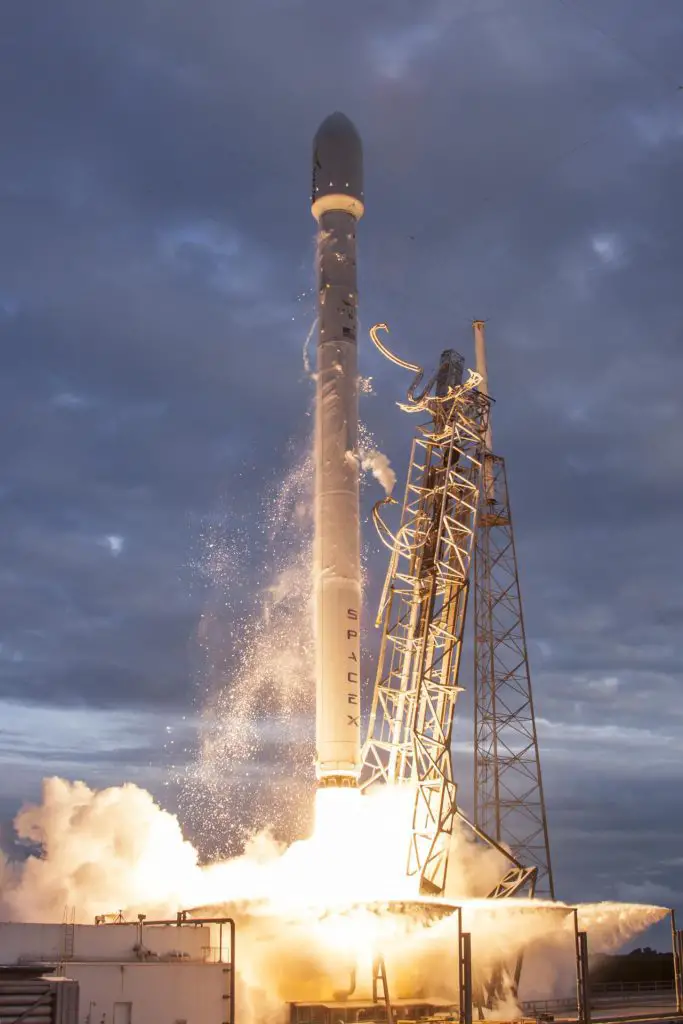
Falcon 9 v1.1 – SpaceX
- Family: Falcon
- Length: 68.4 m
- Diameter: 3.65 m
- Launch Mass: 506 T
- Low Earth Orbit Capacity: 13150 kg
The Falcon 9 v1.1, manufactured by SpaceX established in 2002, undertook its inaugural launch on 09/29/2013. Notably, Falcon 9 v1.1 has 14 successful launches and 1 failed attempts, with a cumulative tally of 15 launches, currently with 0 pending launches in the pipeline.
Falcon 9 v1.1 is a significantly redesigned version of the its predecessor, including a higher payload capacity. This version arranges the engines in a structural form SpaceX calls an Octaweb.